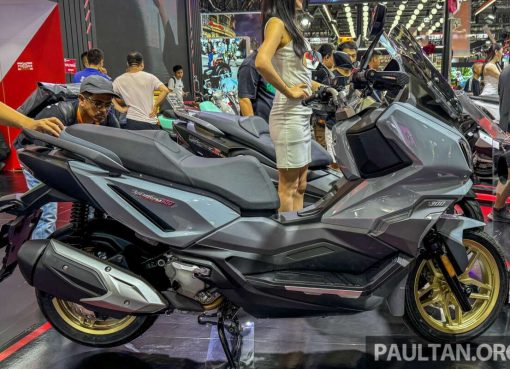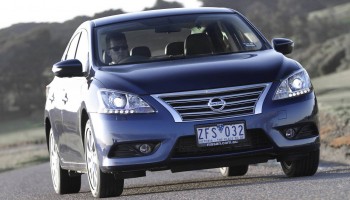Zeekr to take Lynk & Co under its wing, backtracks on ‘EV-only’ direction to include hybrids – Auto News
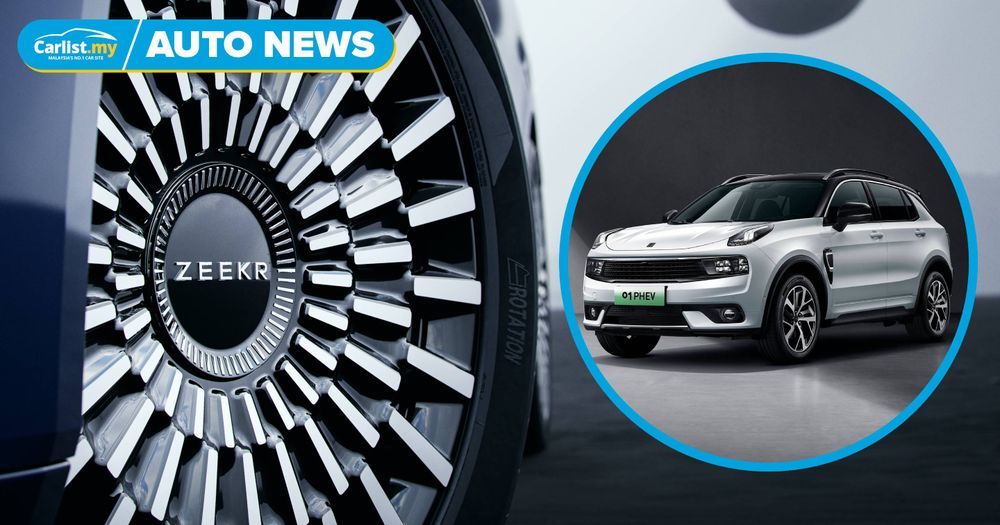
Geely is making some big internal moves, reportedly planning to merge its premium-oriented Lynk & Co and Zeekr brands to streamline its approach to the burgeoning new energy vehicle (NEV) market. The move, as revealed by sources cited in Economic Daily, aims to reduce internal competition, minimise sales cannibalisation, and enhance the group’s overall market competitiveness.
The consolidation will involve Zeekr acquiring Lynk & Co’s controlling stakes. Specifically, Zeekr will purchase a 30% stake held by Volvo and an additional 20% from Geely Holding. Following this, Zeekr will receive a capital injection to increase its stake to 51%, while Geely Automobile Holdings will retain the remaining shares. According to Reuters, Zeekr has been valued at approximately USD 2.5 billion (RM11.2 billion) with the deal expected to conclude by June 2025.
Zeekr, Lynk & Co To Merge
Zeekr is poised to take the lead in developing electric vehicle (EV) and connected car technologies under the new structure, sharing its advancements with Lynk & Co and Polestar to create a more cohesive technological framework across Geely’s high-end brands, aligning with Geely’s broader strategy to capitalise on the growing demand for NEVs, or ‘New Energy Vehicles’.
Both Lynk & Co and Zeekr have demonstrated robust performance. In October 2024, the Geely group reported a 28% year-on-year sales increase, totalling 226,686 units. Of these, 78,858 were battery electric vehicles (BEVs), marking an impressive 132% growth. Lynk & Co and Zeekr collectively accounted for nearly 30% of Geely’s total sales in the first nine months of 2024, underscoring their significance to the group’s portfolio.
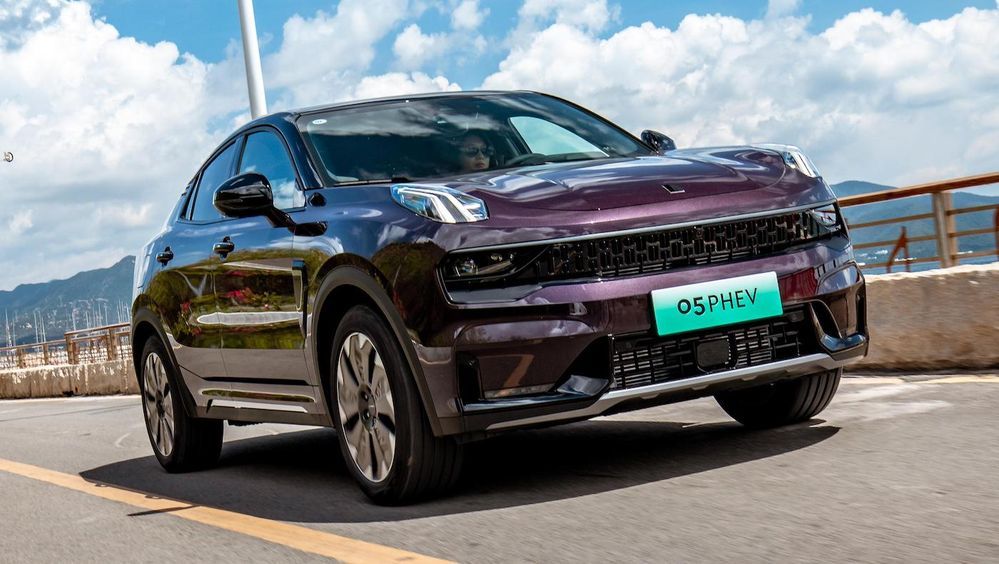
Expanding Powertrain Options
While Zeekr branded itself as a “pure electric vehicle” company from the start, it seems its strategy has now been altered with reports suggestting the company is developing a hybrid powertrain family set to debut at Auto Shanghai in April 2025, followed by an official launch later next year.
The hybrid technology, aimed at large SUVs and MPVs, is designed to combine electric efficiency with extended range, ostensibly responding to shift in global market trends that have seen a significant rise in demand for electrified cars instead of ones that are fully electric and battery-powered. BYD had similarly shifted its focus, albeit sooner, from a BEV-heavy lineup to hybrids.
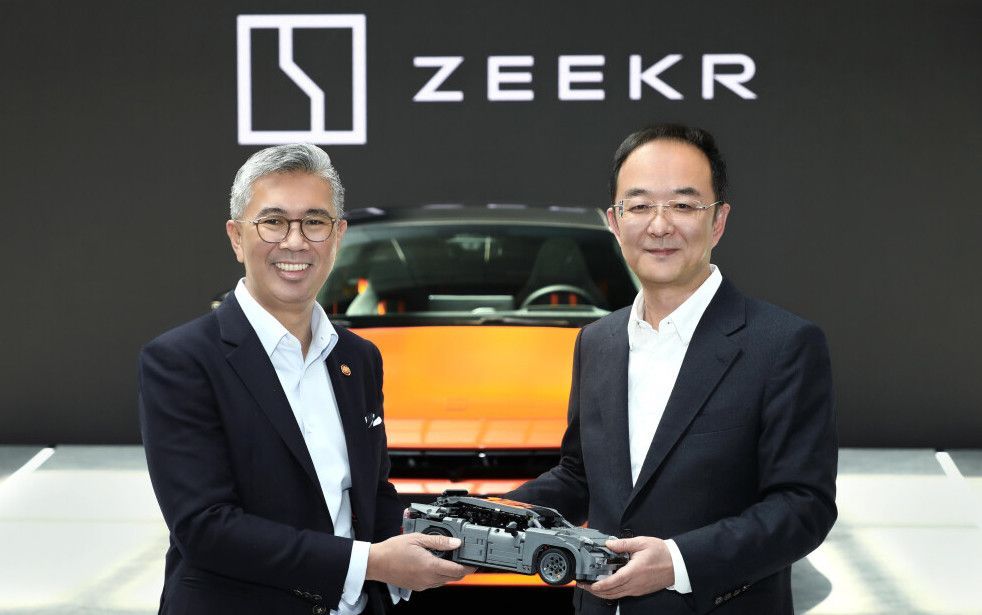
An Conghui, Zeekr’s CEO, had previously dismissed the idea of hybrid models. However, in mid-2024, the company began exploring range-extended electric vehicles (REEVs) as part of its future lineup. By August, during an earnings call, An confirmed plans to introduce a flagship hybrid SUV with a system optimised for both power and range.
The vehicle will operate on electricity at low speeds and switch to an internal combustion engine (ICE) for highway driving, in theory giving buyers the best of both worlds: efficiency and extended long-range drive capability.
Zeekr’s pivot to hybrid powertrains also mirrors strategies adopted by competitors like Xpeng and Nio, who have also introduced hybrid models to appeal to consumers in China. Hybrids remain popular in the People’s Republic due to their practicality and adaptability, especially in regions where the EV charging infrastructure is still developing.

